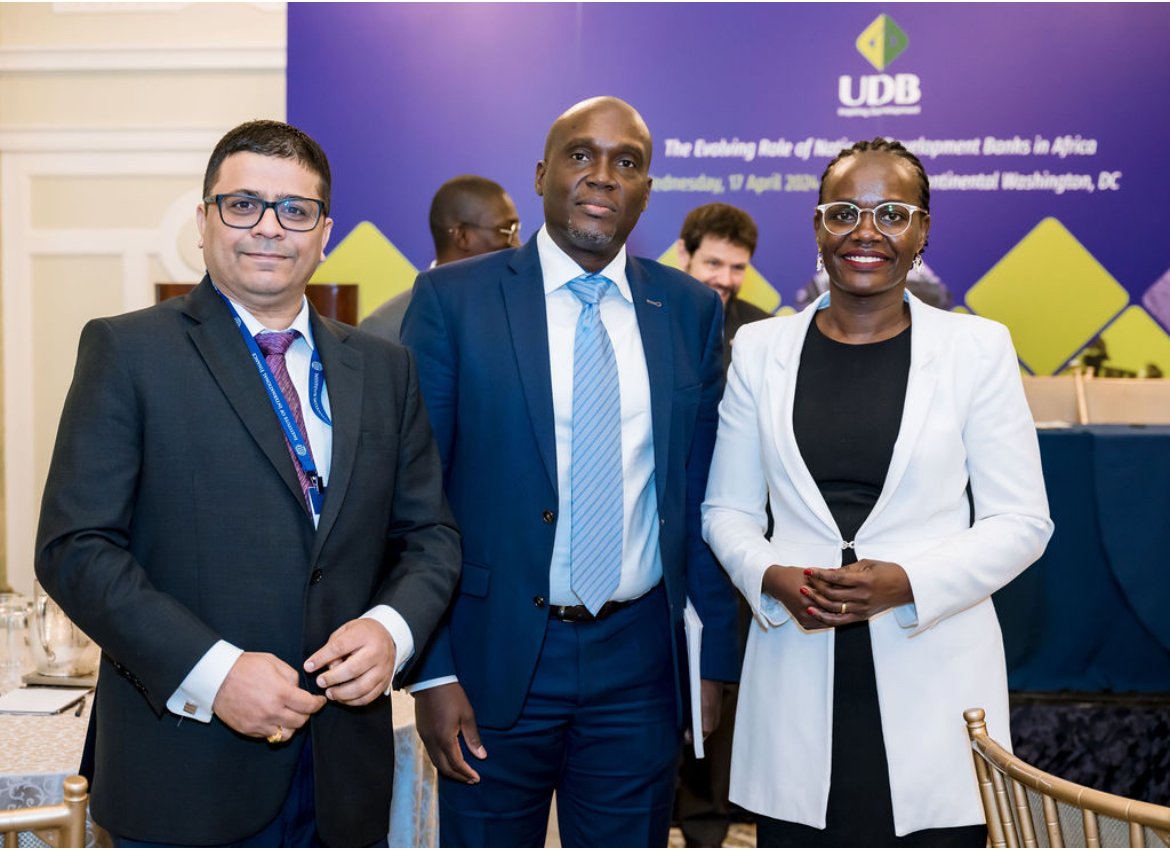Experts discuss food security as climate change effects take toll on region
Experts from the region have come together at Climate Change and Food Security Symposium and Expo and exchanged ideas on how to stabilize food supply, with a call for regional cooperation to ensure food security.
Jointly hosted by the Climate Change Action East Africa (CCAE) and the International University of East Africa, the three-day Symposium focused on the impact of climate change, food security and food systems—putting a major emphasis on strategies to safeguard communities in Uganda and the region from hunger.
Keep Reading
The experts noted that management of aflatoxins is one of the major problems in food security , adding that all natural foods in Uganda come from biodiversity and the best way to ensure good quality and natural healthy foods is to conserve biodiversity and the environment at large.
“Agricultural production in Uganda has evolved from the hand hoe to the use of oxen and later, the use of diesel-generated tractors. Oxen produce a lot of methane gasses while tractors produce a lot of carbondioxide which is among the greenhouse gasses causing climate change. Uganda indeed has very good policies and laws on the environment that would help combat the current rate of environmental degradation. However, the enforcement of these policies and laws is chronically lacking,” said David Kabanda, the Executive Director Center for Food and Adequate Living Rights.
According to experts, there is need to strengthen UNBS to ensure food standards are met at all times by everyone and to this, they recommended that district and local government ought to enforce ordinances and bylaws that address post-harvest handling and food securities.
Dr. Tom Okia Okurut, Executive Director of Climate Change Action East Africa said, "We are on a mission to create an inclusive hunger-free East Africa region by the year 2050 through appropriate mitigation measures on climate change in the areas of food and nutrition security in East Africa. Uganda and East Africa have been experiencing hunger due to acute food shortages.”
He noted that CCAEA considers the aspect of food security in the East Africa region of the uttermost concern that climate change can dis-equilibrate the entire EAC region.
“Food insecurity linkages to climate change don't emerge prominently; government planning for climate change impact interventions focuses on directly impacted aspects. Therefore there is a need to increase climate change resilience and food security awareness in East Africa, address the risks associated with climate change on food systems and natural hazards, promote the application of early warning systems to reduce the humanitarian and extreme impacts of climate change on society and increase the adequacy and effectiveness of adaptation and resilience actions, including the extent to which they advance food crisis insecurity in the region,”
Speaking at the closing ceremony, the Minister for East African Community, Rebecca Alitwala Kadaga acknowledged the timeliness of the Climate Change and Food Security symposium and expo as the spillovers of climate change bite the region.
“The East Africa Food Security Symposium and Expo is the first but not the last in the region. It is a privilege for the organisers and participants to learn from the symposium and event. I pledge to interest the cabinet to see how the government can support the innovations and actors involved so that we all contribute to a hungry-free Uganda. I commend Climate Change Action East Africa on the one-acre outcome project model and IUEA on the research innovations - the electric tractor and electric motorcycle,” Kadaga said.
According to Prof. Emeka Akaezuwa, Vice Chancellor, IUEA, the symposium and expo provided a platform for experts to exchange ideas on food security and the havoc caused by climate change in the region.
“The symposium has provided an arena for open discussion and knowledge sharing on the aspects of climate change, and food security among the wide range of participants from the private sector, academia, development partners, institutions, agricultural sector , energy sector, climate change actors and environment promoters, government and civil society,” Prof. Emeka said.














